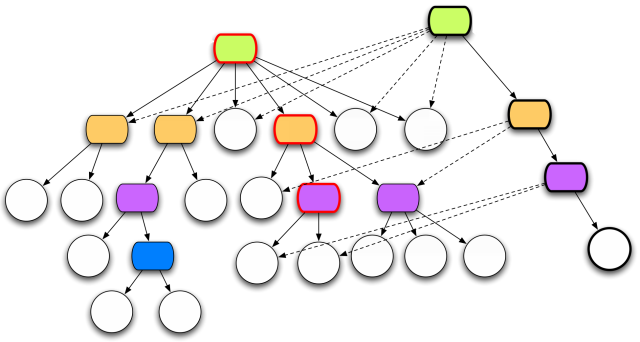user406009
user1804599
user1804599
user1804599
user1804599
user1804599
user1804599
user1804599
user1804599
user1804599
user1804599
user1804599
user1804599
user1804599
user1804599
user1804599
user1804599
user1804599
user1804599
user1804599
user1804599
user1804599
user1804599
user1804599
user1804599
user1804599
user1804599
user1804599
user1804599
user1804599
user1804599
user1804599
user1804599
user1804599
user1804599
user1804599
user1804599
user1804599
user1804599
user1804599
user1804599
user1804599
user1804599
user1804599
user1804599
user1804599
user1804599
user1804599
user1804599
user1804599
user1804599
user1804599
user1804599
user1804599
user1804599
user1804599
user1804599
user1804599
user1804599
user1804599
user1804599
user1804599
user1804599
user1804599
user1804599
user1804599
user1804599
user1804599
user1804599
user1804599
user1804599
user1804599
user1804599
user1804599
user1804599
user1804599
user1804599
user1804599
user1804599
user1804599
user1804599
user1804599
user1804599
user1804599
user1804599
user1804599
user1804599
user1804599
user1804599
user1804599
user1804599
user1804599
user1804599
user1804599
user1804599
user1804599
user1804599
user1804599
user1804599
user1804599
user1804599
user1804599
user1804599
user1804599
user1804599
user1804599
user1804599
user1804599
user1804599
user1804599
user1804599
user1804599
user1804599
user1804599
user1804599







